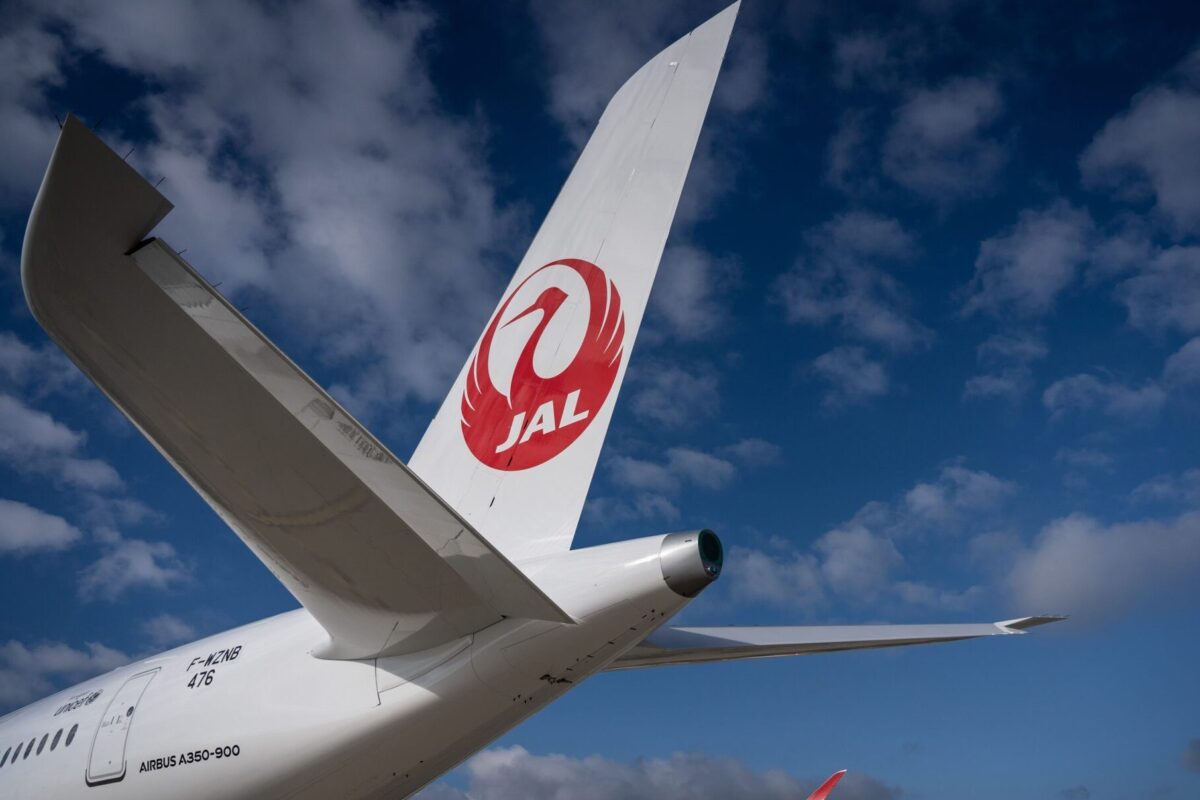Revenge Investing in Hotels Could Be the Next Big Thing
Skift Take
You’ve heard of revenge travel, which finds long-locked down consumers splurging on big trips, but sidelined hotel investors may be acting on similar sentiments.
Gilda Perez-Alvarado, who serves as global CEO of JLL Hotels & Hospitality, said Wednesday at the virtual Skift Hospitality & Marketing Summit, that she’s seeing a resurgence of pent-up demand from European investors, particularly in the UK, who’ve been unable to visit the U.S. to eyeball potential hotel investments.
With travel from the UK and other parts of Europe restricted, many investors are reluctant to make hotel deals despite their desire to do so, Perez-Alvarado said.
Another reason for their being gun-shy, however, may be because the expected bargains in asset buying coming out of the pandemic haven’t materialized in some cases. At least that was the view of Accor CEO Sebastien Bazin, who contended last week that the most attractive hotel deals are still to come.
Hotels are a growth and recovery story in the U.S., Perez-Alvarado said, adding “We should be doing fine there.”
Perez-Alvarado’s comments came during a discussion with Skift hospitality reporter Cameron Sperance and Tyler Morse, chairman and CEO of hotel development and management firm MCR, on the status of the travel recovery. (MCR operates the iconic TWA Hotel in New York City, the site of Skift Global Forum in September.)
Gateways cities, such as Miami, New York and San Francisco, where investors might have other holdings, are attracting the most interest, Perez-Alvarado said. She pointed out, however, that Nashville, Tennessee has likewise attracted foreign investment.
Investors from the Middle East continue to be interested in U.S. hotels, Perez-Alvarado said, but the monied set from Asia is more “bearish.” It is difficult for them to invest if they can’t view the hotel, she said.
Instead, many Asian investors are indirectly making hotel investments by contributing to major private equity funds, which are buying U.S. hotel assets, Perez-Alvarado said.
Tyler Morse of MCR concurred, saying smart foreign capital is investing on a portfolio basis, where investors can make bets on multiple cities simultaneously.
Perez-Alvarado said astute investors tend to take a “bookend” approach, investing in relatively unglamorous but profitable sectors such as select service on one end and in iconic trophy properties on the other. “It is the stuff in the middle that is hit or miss with these international investors,” she said.
Morse and Perez-Alvarado differed somewhat on how Environmental, Social and Governance issues are impacting hotel investment.
Perez-Alvarado said sovereign wealth funds she’s engaged with will look to dump some existing holdings in favor of more sustainable ones. She cautioned, though, that “everyone has their own ideas about what that means.”
Morse said he disagreed because investors are unwilling to make sustainable investments if it means giving up on substantial returns. Like consumers who don’t want to pay higher prices for sustainable products despite being sympathetic to the cause, investors are loathe to overlook profits, he said.
Perez-Alvarado said the “biggest challenge” is to convince investors that sustainable holdings can be profit centers.
Domestic Story
Pointing to robust attendance at a couple of recent in-person conferences, Morse pointed to a frothy domestic travel environment in the U.S. “The butterfly is coming out of the cocoon,” he said, although he added, “international is still rough.”
When it comes to business travel, which many pundits have said would be one the last areas to rebound, Perez-Alvarado argued it is being completely underestimated, and that business travel will be “crazy” active in the fall.






